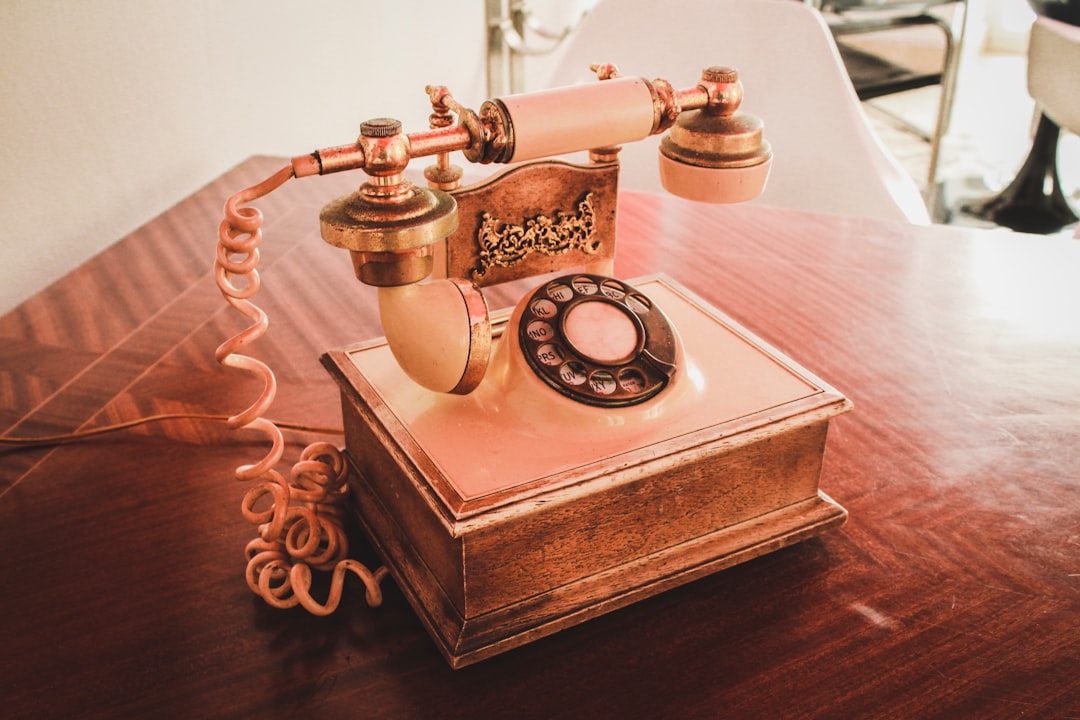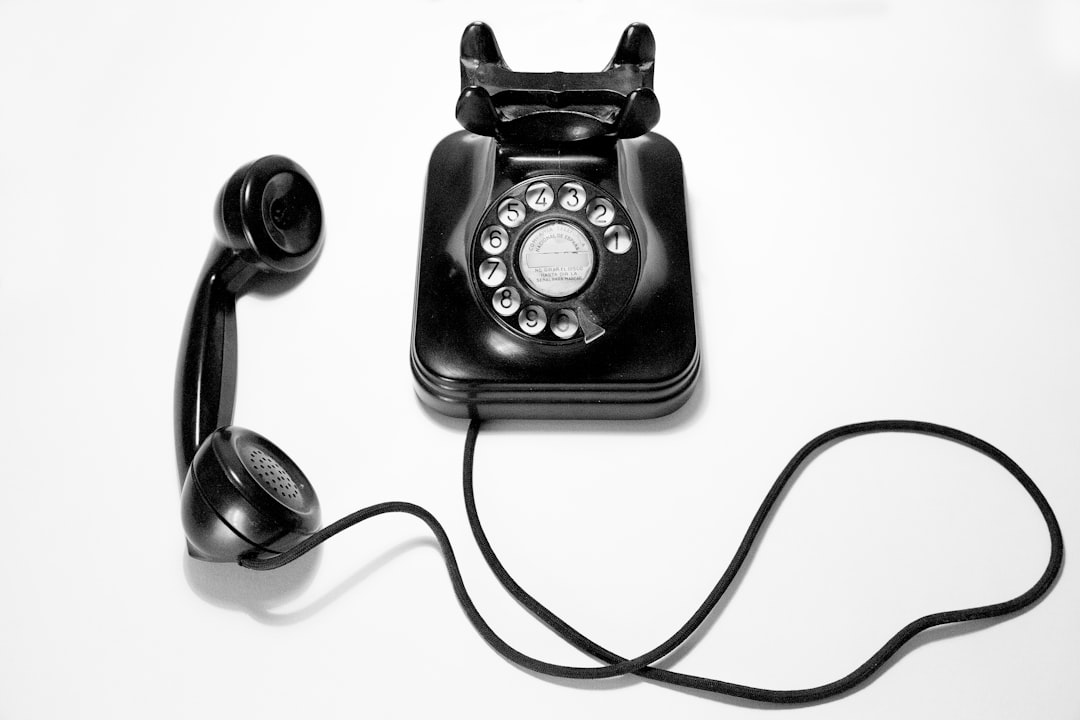Bakeries in Maryland must follow strict Do Not Call Laws to protect customer privacy post-purchase. They can communicate with customers again with explicit consent or for contractual obligations, avoiding automated calls and text messages without opt-in. Consulting Do Not Call Lawyers Maryland ensures compliance, fosters customer relationships, and prevents legal issues by implementing robust consent-based communication systems.
In Maryland, bakeries and cake shops face unique challenges when it comes to phone communication. This article delves into Maryland’s stringent Do Not Call laws from a baker’s perspective, offering insights on order follow-ups, legal rights, and best practices. We explore strategies to avoid legal troubles, navigate phone etiquette, and understand the importance of respecting customers’ privacy. Armed with this knowledge, cake shop owners can ensure compliance while fostering strong customer relationships, guided by expert advice from Do Not Call lawyers in Maryland.
Maryland's Do Not Call Laws: A Baker's Perspective
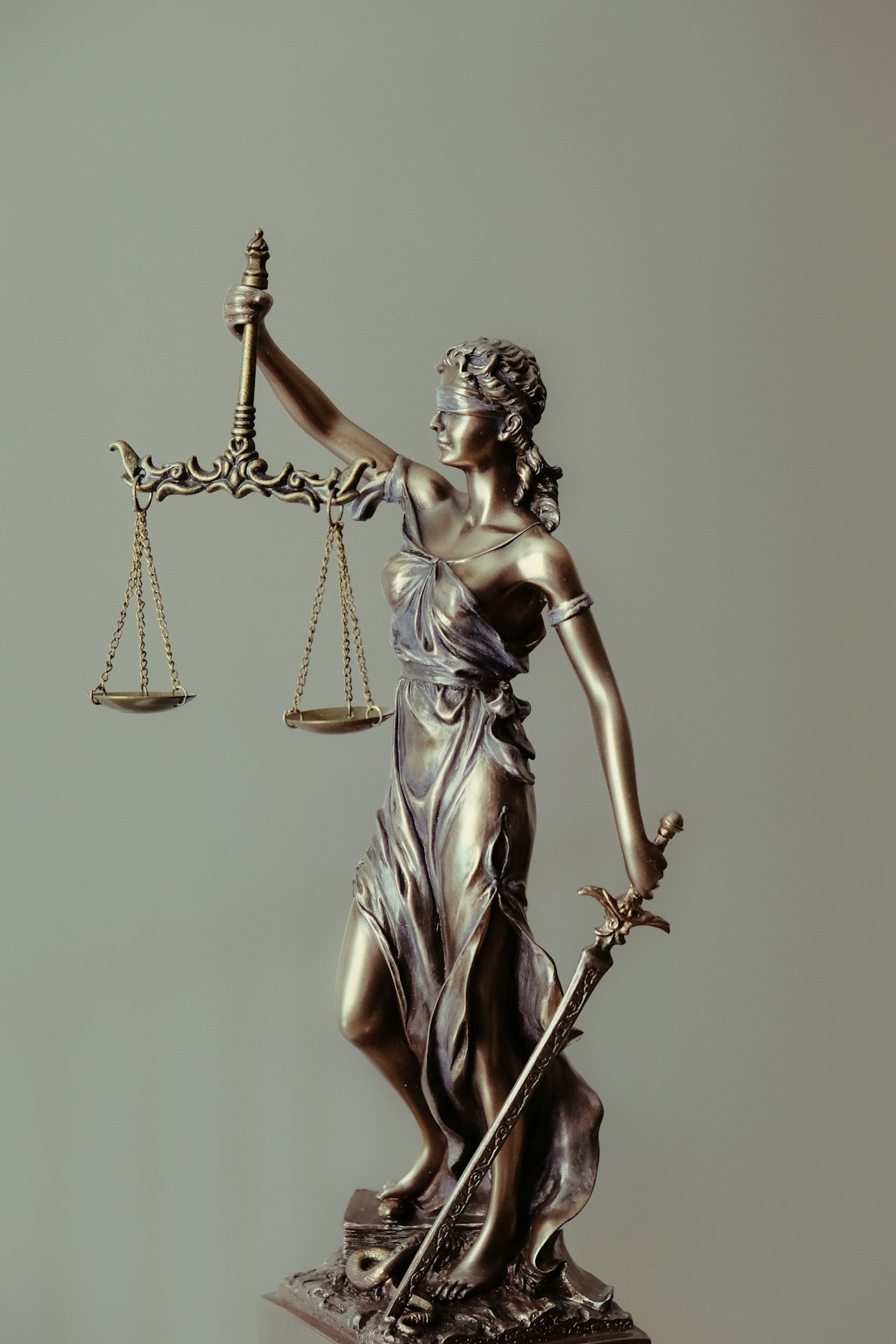
In Maryland, like many other states, bakeries and cake shops face strict regulations regarding consumer privacy, including the state’s Do Not Call Laws. These laws are designed to protect residents from unwanted telemarketing calls and messages, but they can pose challenges for businesses that rely on direct communication with customers to promote their services, such as placing special orders or offering promotional deals. From a baker’s perspective, balancing customer engagement and compliance is crucial.
Do Not Call Lawyers in Maryland play a significant role in guiding businesses through these regulations. They ensure that bakery owners understand when and how to contact customers without violating privacy rights. By adhering to these laws, bakeries can maintain positive relationships with their clients while avoiding legal repercussions. Effective strategies include obtaining explicit consent for marketing calls, providing an easy opt-out mechanism, and respecting customer choices to be left off call lists.
Order Follow-ups: Legal Rights and Best Practices
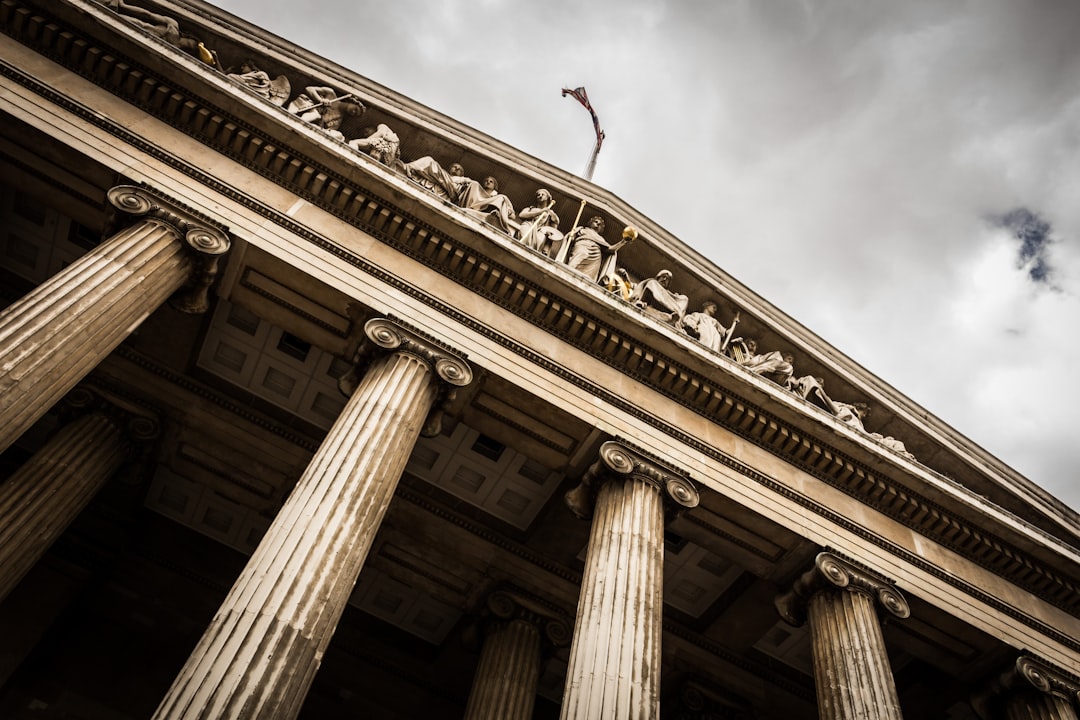
In Maryland, businesses, especially those in the food industry like bakeries and cake shops, have a legal obligation to respect consumer privacy regarding order follow-ups. The state’s Do Not Call laws protect residents from unwanted sales calls, extending to the post-purchase stage. After delivering an order, it’s essential for these establishments to implement best practices that balance customer service with compliance.
Do Not Call lawyers in Maryland advise that businesses should only contact customers again if explicitly permitted, such as through prior consent or to fulfill a contractual obligation. Automated calls, text messages, and emails without explicit opt-in are prohibited. Instead, bakeries can foster customer loyalty through personalized interactions, offering discounts for repeat business, or sending occasional newsletters upon request, ensuring they stay within legal boundaries.
Avoiding Legal Troubles in Cake Shops
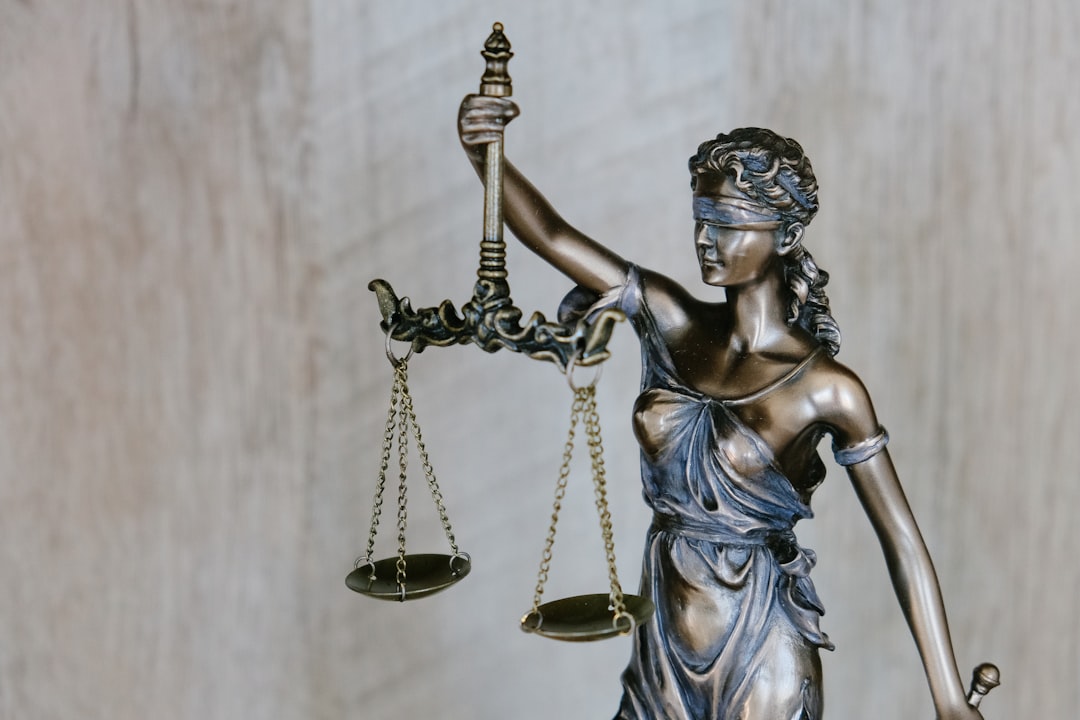
Running a cake shop in Maryland comes with its unique set of legal considerations, particularly regarding consumer privacy and unwanted calls. To avoid potential legal troubles, bakery owners must be mindful of Maryland’s strict Do Not Call laws. These regulations protect consumers from unsolicited sales calls and allow individuals to opt-out of receiving such marketing efforts.
Do Not Call lawyers in Maryland can assist businesses in understanding these laws and implementing effective practices. By ensuring your bakery or cake shop respects customer preferences, you can prevent costly legal issues. This includes obtaining explicit consent for any phone communications and providing clear, easy-to-follow opt-out instructions. Regularly reviewing and updating your privacy policies is crucial to staying compliant with Maryland’s consumer protection regulations.
Navigating Phone Communication Etiquette

Navigating phone communication etiquette is crucial for bakeries and cake shops in Maryland, especially regarding consumer laws like Do Not Call regulations. It’s essential to respect customers’ privacy and preferences by adhering to state-mandated guidelines. Many consumers appreciate a personalized touch, but constant calls can be seen as intrusive or even harassing, leading to legal repercussions.
To maintain positive customer relationships, bakeries should implement robust follow-up systems that prioritize consent. Engage in open communication, allowing customers to opt-in for promotional calls and texts. If a customer requests not to be contacted, it’s imperative to honor their choice by immediately ceasing all marketing efforts. Consulting with Do Not Call Lawyers Maryland can help ensure your business stays compliant, fostering a harmonious relationship with clients and avoiding potential legal disputes.

